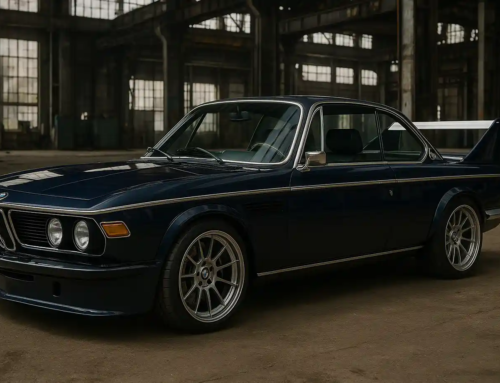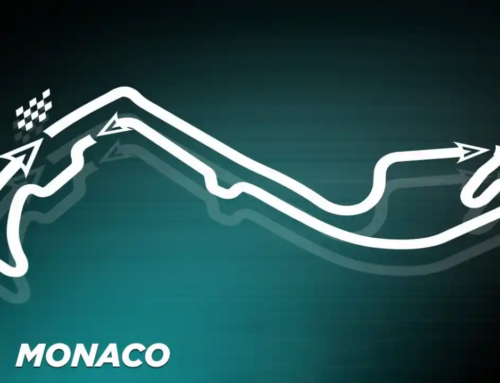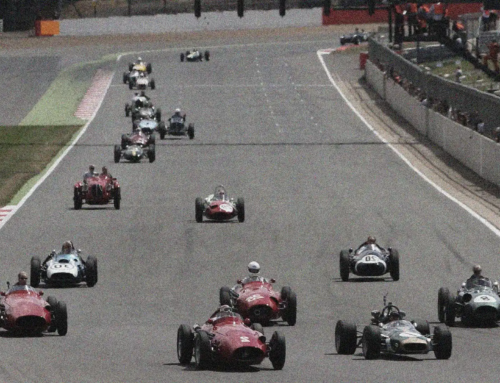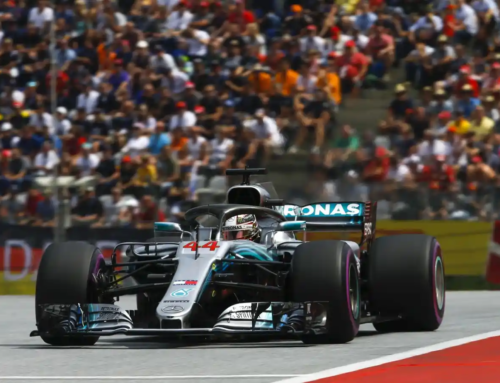Hatchbacks have long been the beating heart of the South African car market. Volkswagen, in particular, held a large chunk of the market with models such as the CitiGolf, Polo and Golf. These vehicles were the gold standard, the benchmark by which all other hatchbacks were measured. Their success wasn’t lost on other luxury brands. BMW entered the fray with the feisty 1 Series, Audi launched the stylish A1 and A3, and Mercedes took a daring stab at the segment with the A-Class (arguably winning hearts, if not outright sales, with the legendary A45 AMG).
Follow Double Apex on Instagram and Facebook where we share more car content.
The Evolution of the Hatchback
Let’s be clear – these manufacturers haven’t forgotten how to build incredible hatchbacks. The new A45s AMG is an absolute weapon, the RS3 ticks all the right boxes for a pocket-rocket, and the Golf R requires no introduction. But here’s the rub: these fire-breathing performance hatchbacks are rapidly approaching the R1 million mark. Just take a look at the price tags: the A45 S starts at a cool R1,2m, the RS3 lands at a hefty R1,3m, and the Golf R will set you back a minimum of R950k.
Click here to read our left-field car review of the Mercedes-AMG A45S.
Now, let’s talk about the base models. Even the “affordable” options in these premium hatchbacks are starting to feel out of reach for many South Africans. A base Audi A3 hatchback nudges R680 000. The A200 hatchback starts north of R820 000. And a basic 118i from BMW will set you back over R7o0 000. These are significant price tags for cars that, while undeniably fun to drive, lack the practicality that many South Africans now crave.
The Affordable Hatchback Squeeze: Stuck Between a Rock and a High Ride
Sure, the allure of a German badge on a sleek hatchback is undeniable. Brands like BMW, Audi, and VW haven’t completely abandoned the segment, and they still offer some fantastic options. But let’s face it, these options often come with a hefty price tag, even for the base models.
However, there’s a glimmer of hope for the hatchback faithful. Toyota, Suzuki, Mazda, and Kia haven’t forgotten the value proposition of a well-built, practical hatchback. They all offer fantastic options like the Toyota Corolla, Suzuki Swift, Mazda2, and Kia Rio – cars that are known for their reliability, fuel efficiency, and driving dynamics.
Here’s the catch: the pricing of these ‘affordable’ hatchbacks has also crept upwards in recent years. While they remain considerably cheaper than their premium counterparts, they often find themselves nudging against the starting prices of compact SUVs in the same brand’s lineup.
This creates a bit of a conundrum for budget-minded car buyers. Sure, you can get a fantastic hatchback with a proven track record, but for a difference of between R30 000 to R50 000, you can step into a compact SUV that offers a significant amount of extra space, a higher driving position, and potentially even more features.
In this light, the once clear-cut value proposition of the hatchback becomes a little murkier. Why settle for a smaller car when, for a relatively small price jump, you can get a more practical option? This is a big reason why compact SUVs have become the dominant force in the market – they offer a compelling ‘more car for your money’ argument that’s hard to ignore.
South Africans Need Some Space
So, where have all the hatchbacks gone? The answer lies in the surging popularity of compact SUVs. These vehicles offer a compelling blend of safety, technology, comfort, and surprisingly good fuel economy, all wrapped up in a package that feels more substantial than a traditional hatchback.
Let’s face it, South Africans love a bit of space. Compact SUVs like the Toyota C-HR, Suzuki Vitara, Chery Tiggo 4 Pro, Haval H2, Hyundai Creta, and Kia Seltos offer exceptional value for money. You can easily find a well-equipped model with all the latest tech features for under R500 000. As mentioned before, these are priced as a slight upgrade from the hatchbacks, making the choice difficult for many consumers.
Do I pay just R30k more to get a compact SUV over the smaller hatchback that won’t take on the potholes as gracefully?
What the Market Wants, The Market Wants
The rise of the compact SUV isn’t just about affordability; it’s about a shift in priorities. These vehicles offer a higher driving position, which many drivers find more comfortable and confidence-inspiring. Additionally, the cargo space in a compact SUV is significantly larger than a hatchback. This makes them ideal for families or those with active lifestyles.
The tide has turned, and compact SUVs now reign supreme in the South African car market. It’s not that hatchbacks have become bad; it’s just that the value proposition of a feature-rich, comfortable, and practical compact SUV has become too compelling to ignore. So, the next time you’re looking for a new car, take a good look at the world of compact SUVs – you might just be surprised by what you find.






Leave A Comment